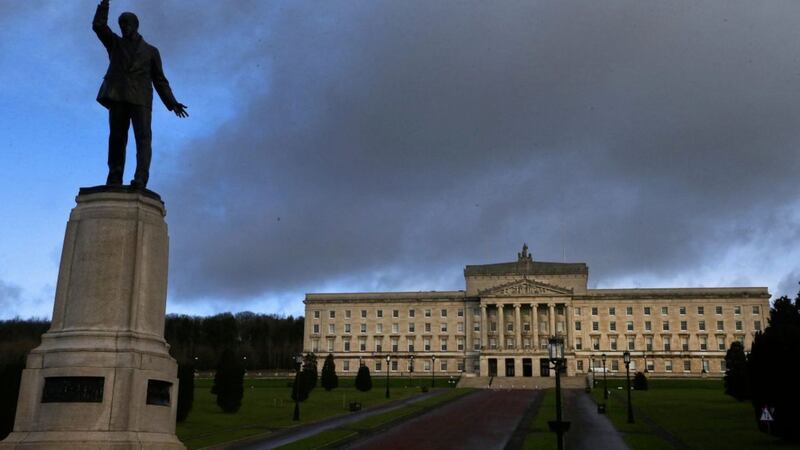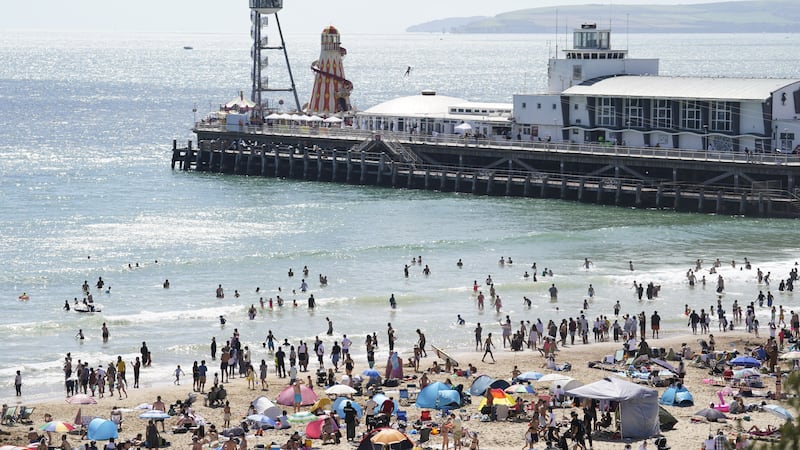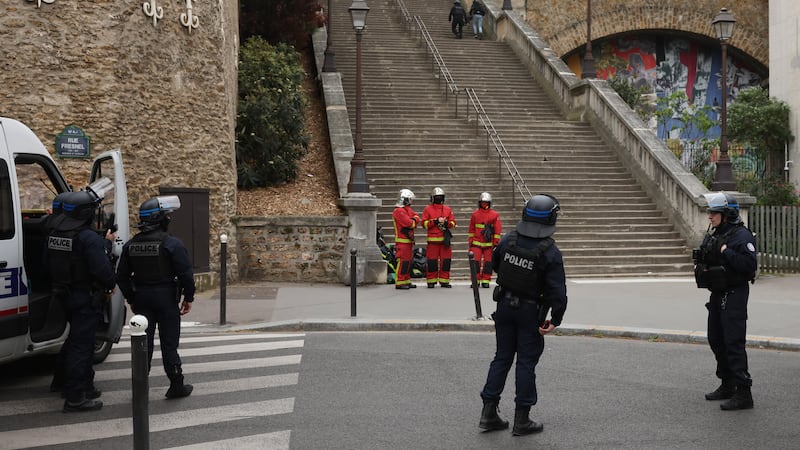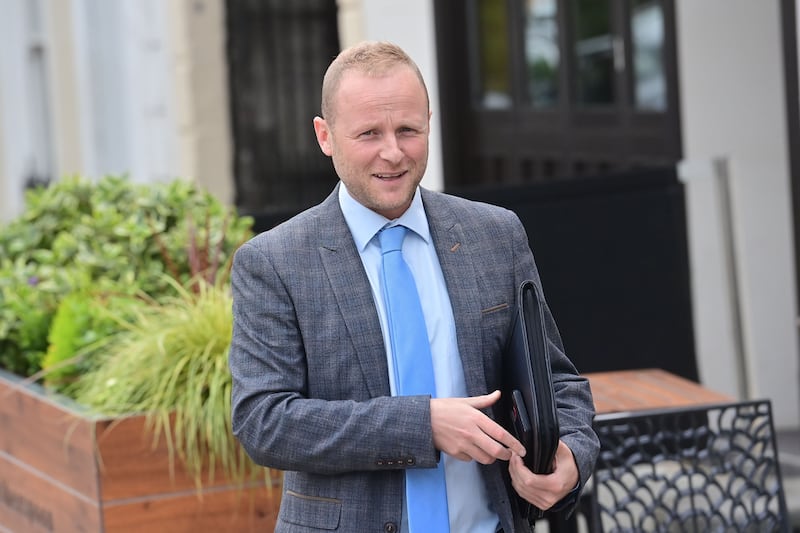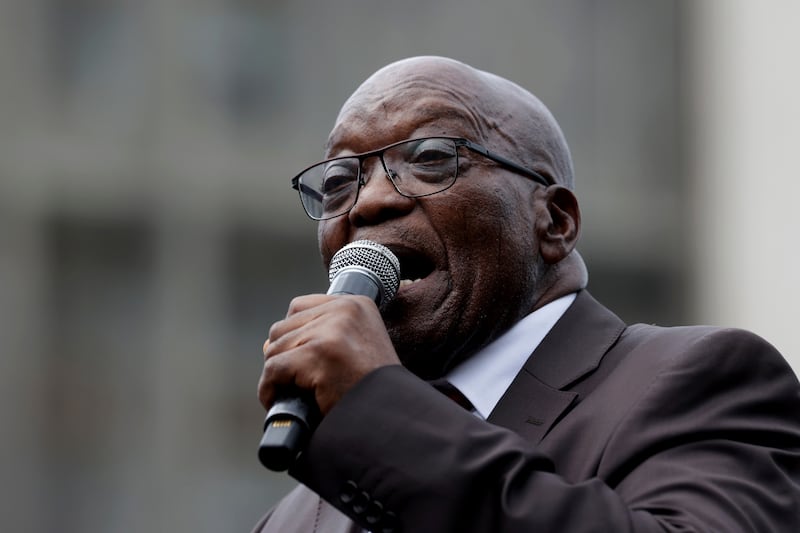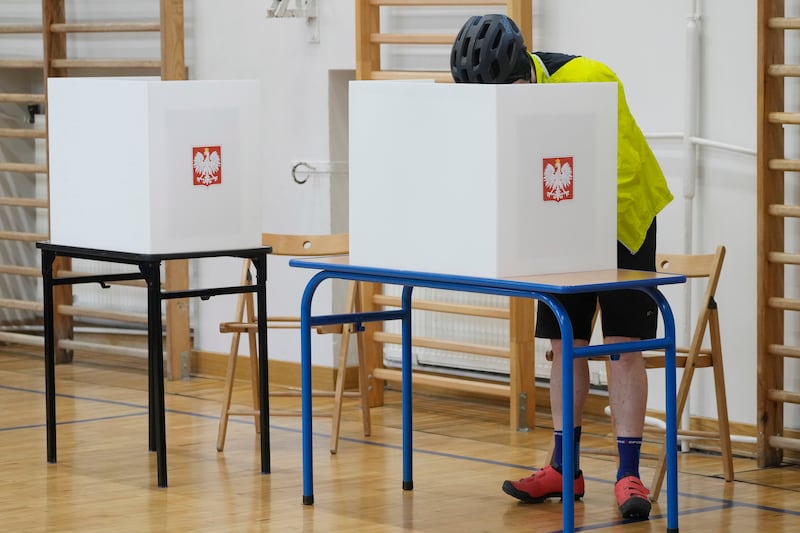AS of now we're entering into the unknown, a political abyss, uncertainty on a grand scale.
And while both Sinn Féin and the DUP have been blaming each other for the current Stormont crisis, neither have emerged from this shambles victorious.
It's almost 19 years since Tony Blair spoke of the "hand of history" as the Good Friday Agreement was being negotiated, and while clichés are still all the rage in local politics, history will frown upon the events of the last few weeks.
While calling a fresh election may fulfil the British government's constitutional responsibilities towards Northern Ireland, it will do nothing to solve the political impasse or answer questions surrounding the botched Renewable Heat Incentive (RHI) scheme.
In fact, as campaigning begins in earnest, it will only widen the already huge rift between the two former coalition partners.
In 2007, following the devolution of powers to Stormont after a period of direct rule, it was Martin McGuinness and Ian Paisley's working relationship that best reflected that period of political optimism.
Sworn enemies, who in the main managed to work together and make power-sharing and politics a viable alternative to a grim, violent past.
Following that unlikely partnership who would have thought it would be the souring of relations between Mr McGuinness and Arlene Foster - the seemingly more progressive face of the DUP - that would see the institutions collapse?
The non-aggression pact between the pair now is but a distant memory as both parties have accused each other of sectarianising the current crisis.
Sinn Féin's stance in collapsing the assembly may have attracted criticism from opponents, but to date it has played out well in its heartlands.
Martin McGuinness's resignation has rallied the troops. It's them against us again and suggestions that the DUP was trampling on equality issues have angered republicans, especially those of a certain age who had lived through times of hostile inequality.
Arlene Foster gave a glimpse of how she intends to fight this election when she chose an Orange Hall in Fermanagh to hold a DUP branch meeting, surrounded by loyal order paraphernalia.
It was a move the hardlinders in her party will no doubt have approved of.
Sinn Féin held its meeting in the republican Felons club in west Belfast.
This is tribal politicking reminiscent of the 1990s and not 2017.
This will be the first election fought with an official opposition, and how the public has judged the smaller parties' contribution during this short and doomed administration will soon become clear at the polls.
The Good Friday Agreement, and that historic hand on the shoulder, enthused the people of Ireland north and south with over 81 per cent turning out for the subsequent referendum. During last year's assembly elections the figure was just shy of 55 per cent.
Whether this crisis can reverse that trend is another unknown, and whether a higher voter turnout will benefit the opposition is also speculation.
What we do know is that as of 5pm yesterday, the current phase of the political experiment that was mandatory coalition has failed and failed spectacularly.
